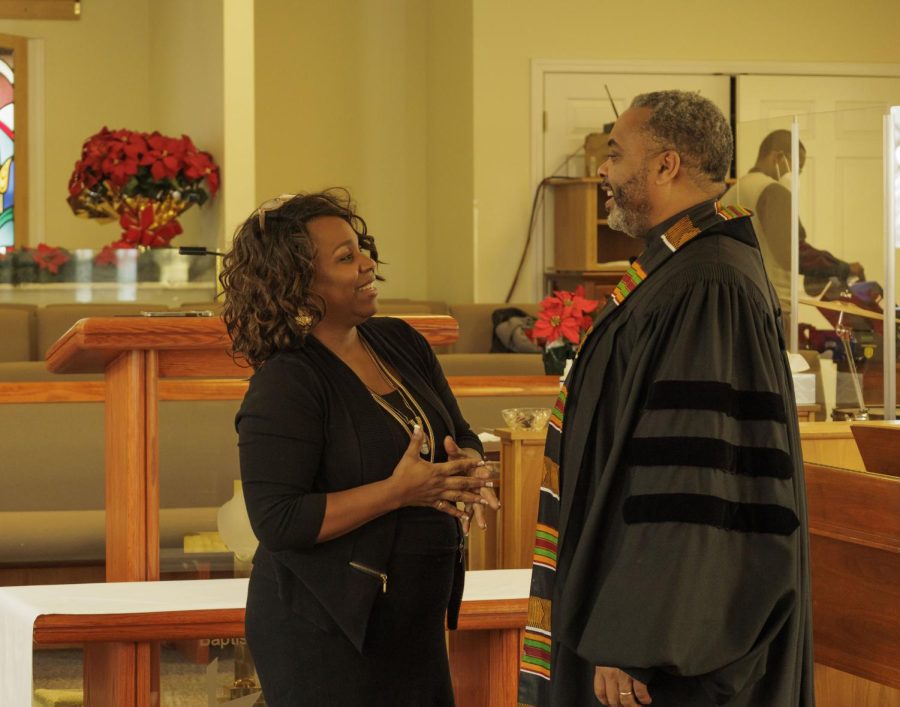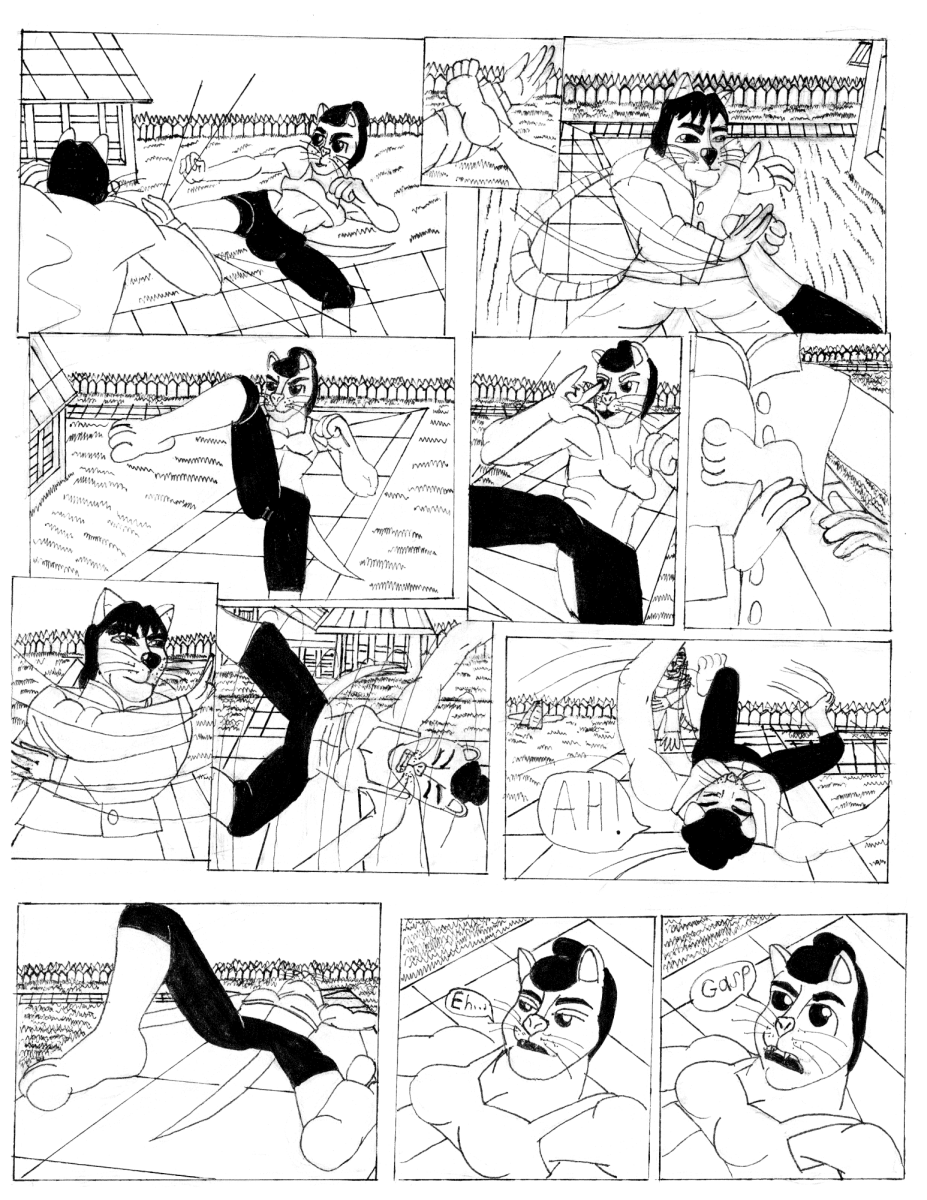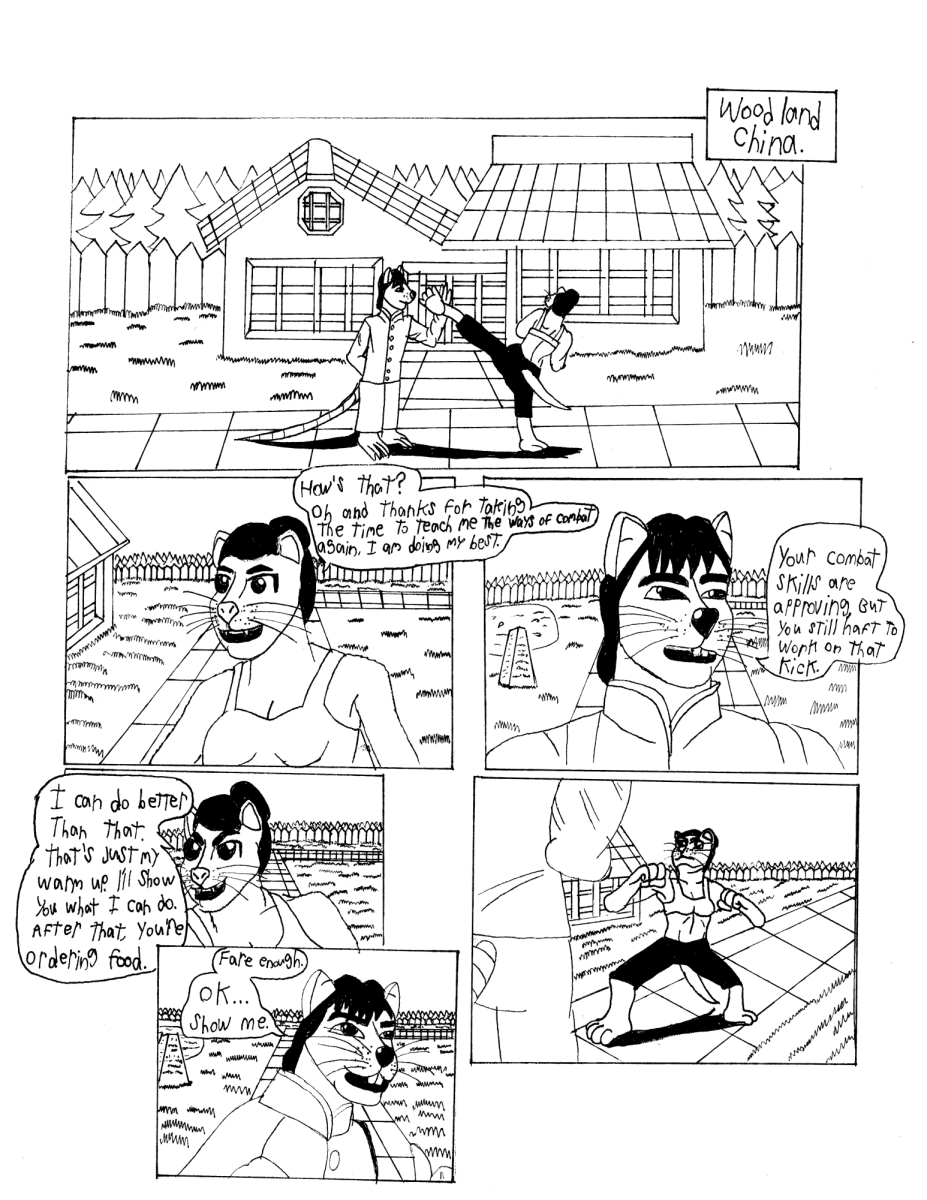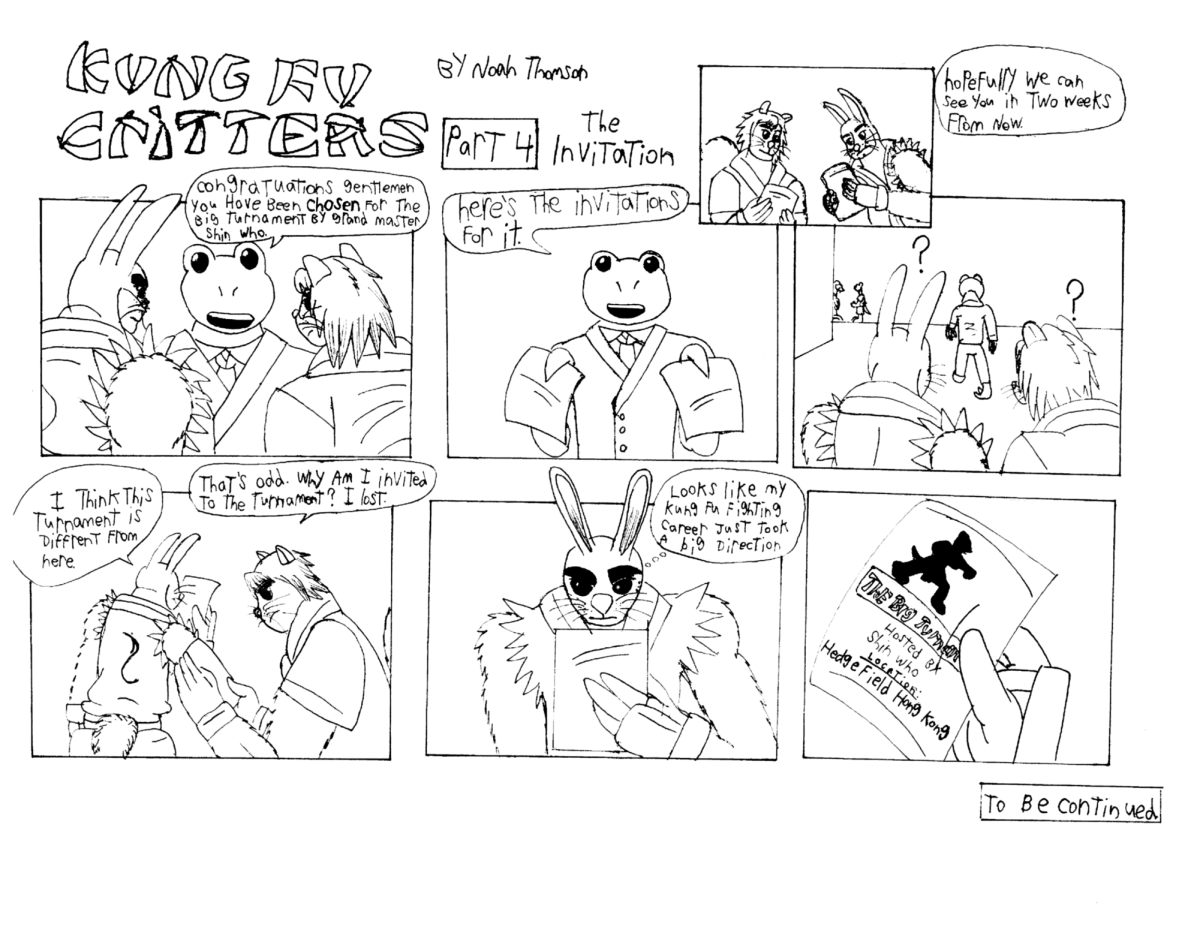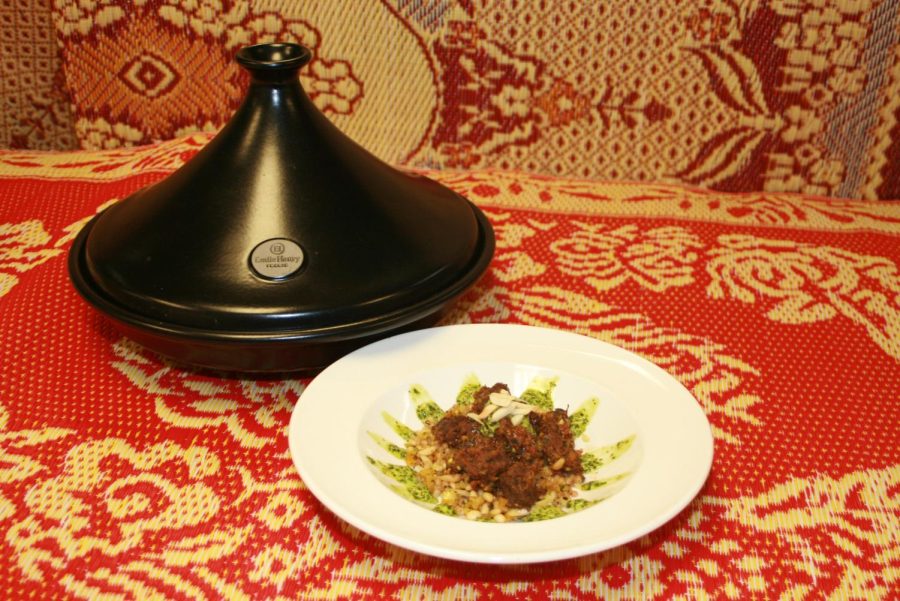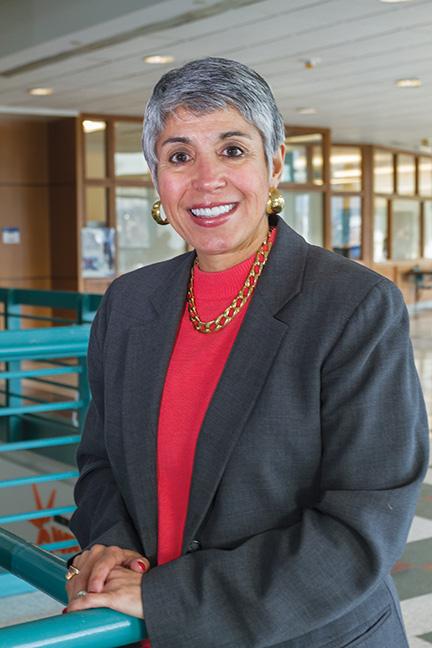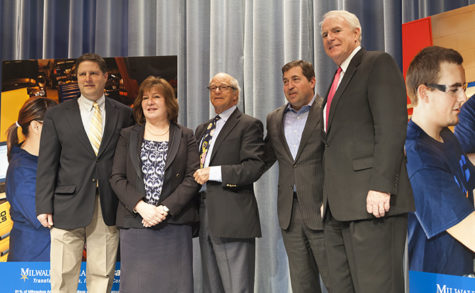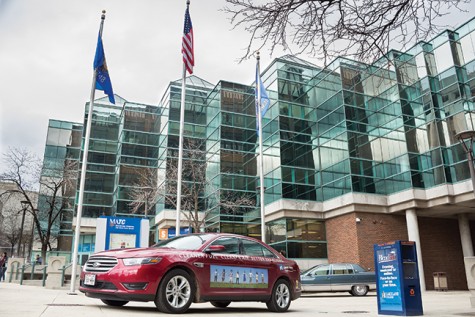Mequon VP’s leadership qualities recognized
Photo by Laura Dierbeck
Dr. Wilma L. Bonaparte is the vice president for MATC’s Mequon Campus and received a Children’s Excellence Legacy Award for Community Service from the Milwaukee Affiliate Black Child Development Institute.
Dr. Wilma L. Bonaparte, vice president of MATC’s Mequon campus, has received the Children’s Excellence Legacy Award for Community Service from the Milwaukee Affiliate Black Child Development Institute (BCDI). Bonaparte has become the exemplification of hard work, ethics and positive productivity amongst her peers and students.
“She is an outstanding mentor and supervisor,” Carl Morency, associate dean of Liberal Arts and Sciences, said. Her disposition and resolve have been impeccable when organizing and repositioning staff and student organizations for productivity purposes.
“I met her about 25 years ago when she was an associate dean,” Donald Kenner, student specialist in the Returning Students office, said. “I became aware of her personable, positive and productive interactivity that she brought to the position. She was good in terms of procedure and organization; she had a good blend of technical and people skills.”
Before transitioning from dean of students in the Liberal Arts and Sciences department at MATC’s downtown Milwaukee campus to vice president of the Mequon campus, Bonaparte had to overcome many obstacles, fears and doubts.
Bonaparte is spoken very well of around the areas of MATC she’s been involved with. “She was always helpful or willing to help; her personality was contagious,” said Mary Lang, word processing associate. “Very friendly, willing to help and assist if you had questions,” Cheryl Bohn, transcript technician, described. “Outgoing. Made everyone feel welcome.”
Bonaparte had to conquer stereotypes and prejudices that both women and Spanish-speaking individuals face daily. She became what her father envisioned her to be: educated with accolades and accumulated honors.
“My greatest inspiration was my father, a very humble man of few words,” Bonaparte said. “He had great heart and believed in hard work, justice, fairness and honesty.” Consistency has its privileges and perspective points to ponder on the roads of success or failure. Bonaparte has risen above the doubts and disbeliefs. She has made a mark on the professional performance of goal accomplishments and higher standards of achievements that only education and discipline bring.
“To break the poverty cycle, education is the key of the future,” Bonaparte said. “I had to do it.”







